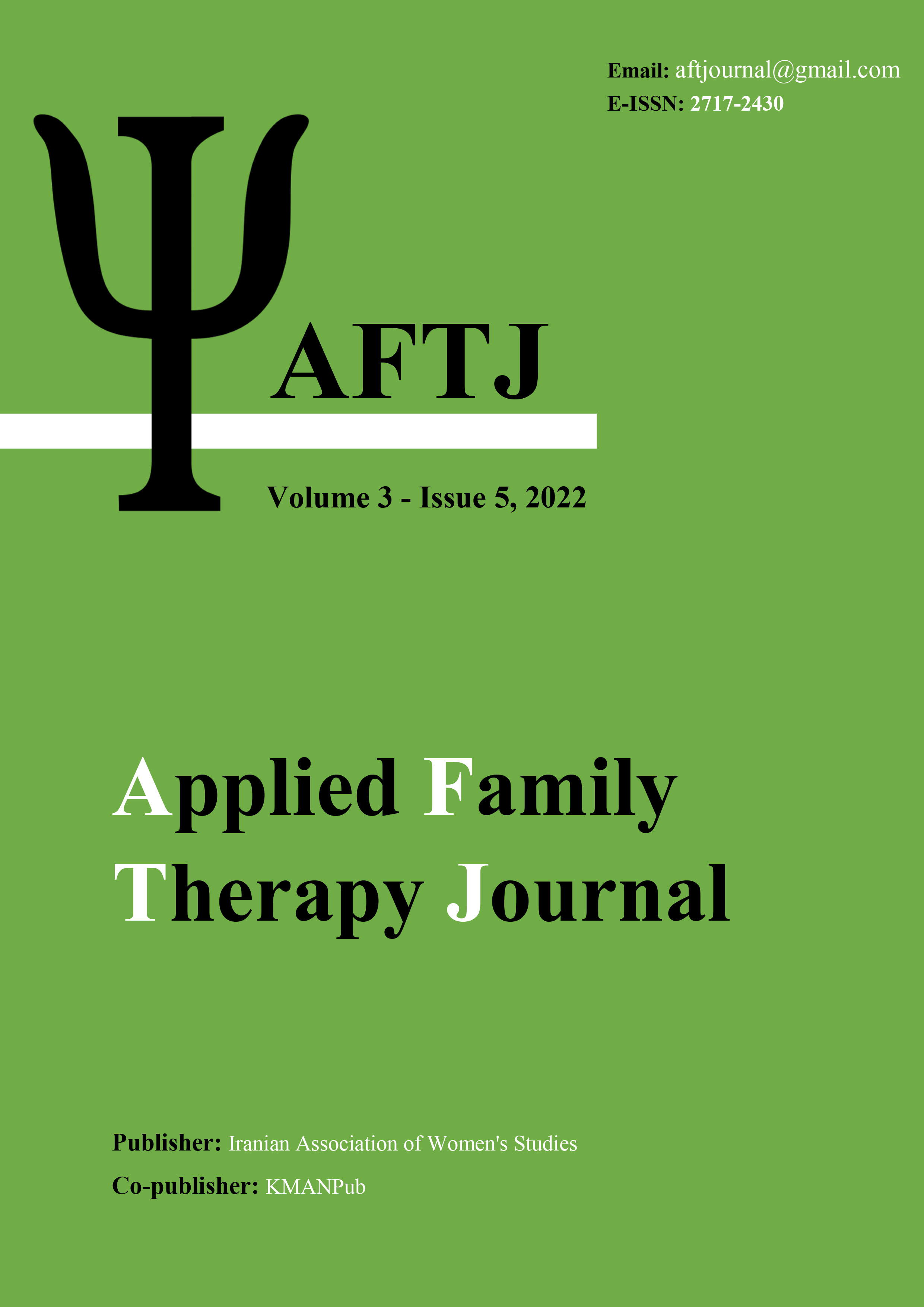The mediating role of cognitive flexibility styles in the relationship between anxiety and body image in women with voluntary mastectomy breast cancer
Keywords:
Breast cancer, Anxiety, Body image, Cognitive flexibility, MastectomyAbstract
Aim: Research background has shown that cognitive flexibility has a great impact on psychiatric disorders. In the present study, we analyze the mediating role of cognitive emotion regulation in the relationship between anxiety and body image of Women with breast cancer volunteer for mastectomy.
Methods: Our research method is correlation of structural equations. The research sample consists of 350 Participant with breast cancer volunteering for mastectomy. Which were selected by available sampling method. The instruments used in the research are Beck Anxiety Questionnaire (1979), Body Image Questionnaire (Hormes et al. 2008) and cognitive flexibility questionnaire (Dennis, Vander Wal & Jillon, 2010). Findings: The results showed that the direct effect of anxiety with beta standard coefficient on cognitive flexibility (Beta = -0.789) and on body image (Beta = -0.562) negatively at the level of less than one thousandth (001 / 0> P) is significant. Also, the direct effect of cognitive flexibility on body image (Beta = 0.211) is positively significant at the level of less than 0.05. In addition, the magnitude of the indirect effect of anxiety on the body image of patients with a standard coefficient of -0.17 is significant at a level of less than 0.05. Conclusions: Patients who use more cognitive flexibility experience less anxiety and negative body image, and conversely, those who use less cognitive flexibility experience more anxiety and negative body image.
Downloads
Downloads
Published
Issue
Section
License

This work is licensed under a Creative Commons Attribution-NonCommercial 4.0 International License.





















